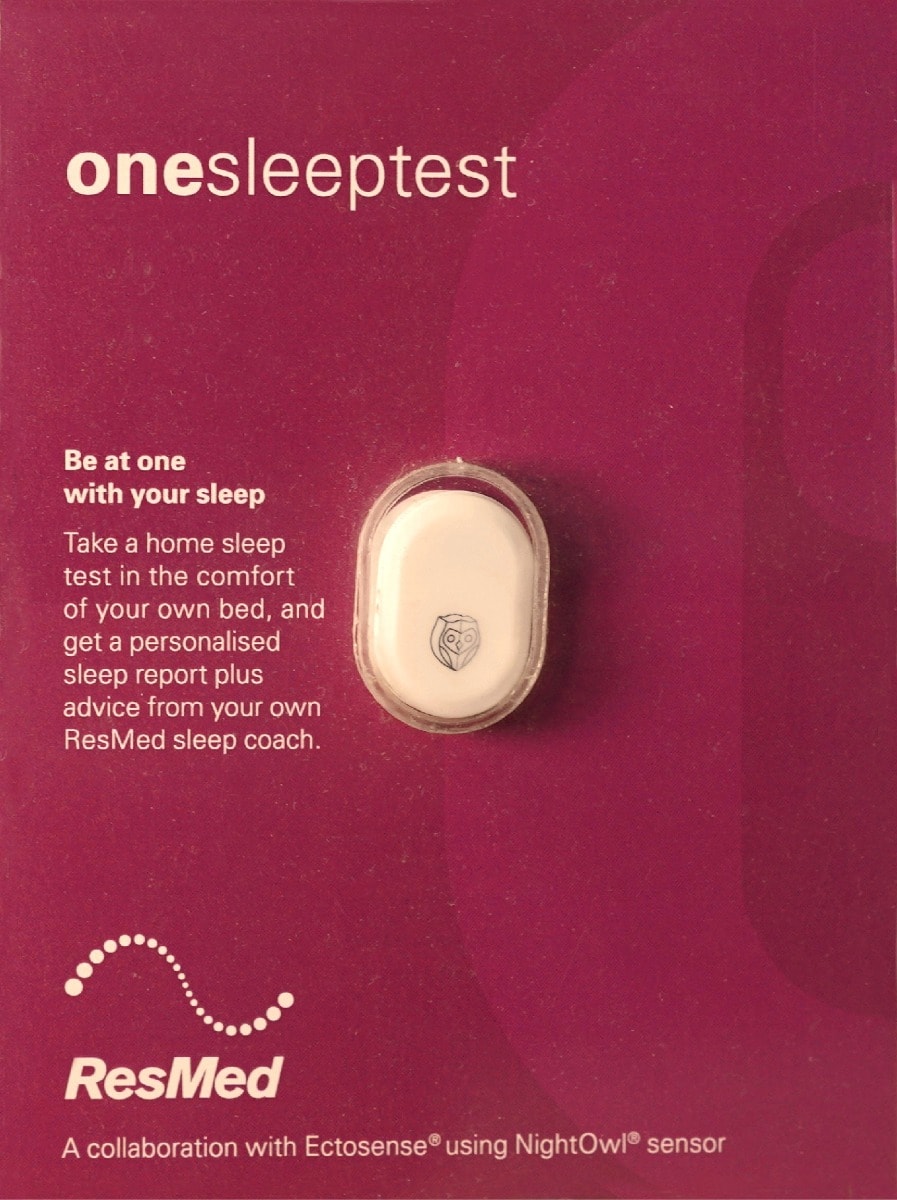Sleep Studies
Why to Choose Sleep Studies from us?
Secrets of Our Sleep Therapy
When to Meet a Sleep Specialist
Sleep Study Process Explained by Dr. Manvir Bhatia
What will happen in Sleep Study?
What will happen after Sleep Study?
Overnight Sleep Study
What is Sleep Study?
The sleep study consists of a non-invasive test called a polysomnogram. This records a variety of body functions during sleep such as electrical activity of the brain, sleep pattern, breathing, oxygen levels, heart rate and rhythm, and muscle tone. The sleep technologist will connect the patient to the monitoring equipment via a series of stick-on electrode patches. The wires are long enough so that you can sleep in any position you wish. Once the study is complete, the test data is reviewed and "scored" by a specialist and relevant recommendations are made.
LEVELS OF SLEEP STUDY
Complete Study--
(Clinic) In this, the patient is asked to come to the clinic in night's comfortable clothing at 9:30 pm on the day of the test - a sleep technologist will place sensors on patient's scalp, face, chest and legs. These sensors will record brainwave activity (to assess sleep stage), eye movements, muscle activity, heart rhythm, body movements, nasal/oral airflow, respiratory effort and oxygenation. The test is an overnight test, will continue till the usual wake-up time of the patient.
(Home-based) It's the same study like clinic- based, the only difference is it is performed at patient's home and the technician will stay overnight at patient's home till the completion of the test.
CPAP Titration-will be performed during the above if required on the same night.

Screening-(without technician)
In this the Technician will go to the patients home and fix the machine, will teach the patient how to use the equipment but NOT spend the night. The equipment shall be picked up the next morning or dropped by patient(after discussion). This will record more than 4 channels i.e. snoring, breathing effort, oxygen saturation and ECG.


How can I get a sleep study done?
You need to make an appointment for the study. The test is conducted at night. It is advisable to meet with a sleep specialist before the test,
What's involved in a sleep study? :
If you can’t decide which sleep study is right for you we can help -please call us on 011-46070321, 011-41656260,9643500270 on Monday-Saturday from 10 to 5 pm.
Choosing a wrong sleep study will lead to:
- 1. misdiagnosis, underdiagnosis,
- 2. Delay in treatment.
When will I know the result? :
Usually after 48 hours-72 hours.
Important: :
If your symptoms change significantly (either better or worse) or if you are unwell just prior to your allocated night in sleep laboratory, please notify us immediately.
Continuous Positive Airway Pressure(C.P.A.P.)
Treatment for sleep apnoea (stopping breathing during sleep) involves the use of a nasal CPAP (Continuous Positive Airway Pressure) machine.
The set-up for the CPAP trial involves all the same leads as the diagnostic study. The technicians will increase the pressure of the machine until the person stops snoring and they are breathing without obstruction. Airway splinted open air flows freely to lungs. Know More
Multiple Sleep Latency Test (MSLT)
know moreRestless Legs Syndrome (RLS):
Restless Legs Syndrome (RLS), also known as Willis-Ekbom Disease, is a neurological disorder that causes an uncontrollable urge to move the legs, typically accompanied by uncomfortable sensations. These symptoms mainly occur at rest, in the evening or night, leading to significant sleep disturbances.
1. Symptoms of RLS:
The primary symptoms include:
2. Causes & Risk Factors:
RLS can be primary (idiopathic) or secondary to underlying conditions.
3. Diagnosis of RLS:
RLS is primarily a clinical diagnosis based on the following:
Diagnostic Criteria (International RLS Study Group - IRLSSG):
Supporting Tests:
4. Role of Sleep Study (Polysomnography) in RLS:
5. Treatment & Management:
A. Lifestyle & Non-Pharmacological Approaches B. Medications (for Moderate to Severe RLS)RLS significantly impacts sleep quality and daily functioning. Early diagnosis and proper management—especially identifying iron deficiency and periodic limb movements in sleep (PLMS) through a sleep study—can greatly improve symptoms.

